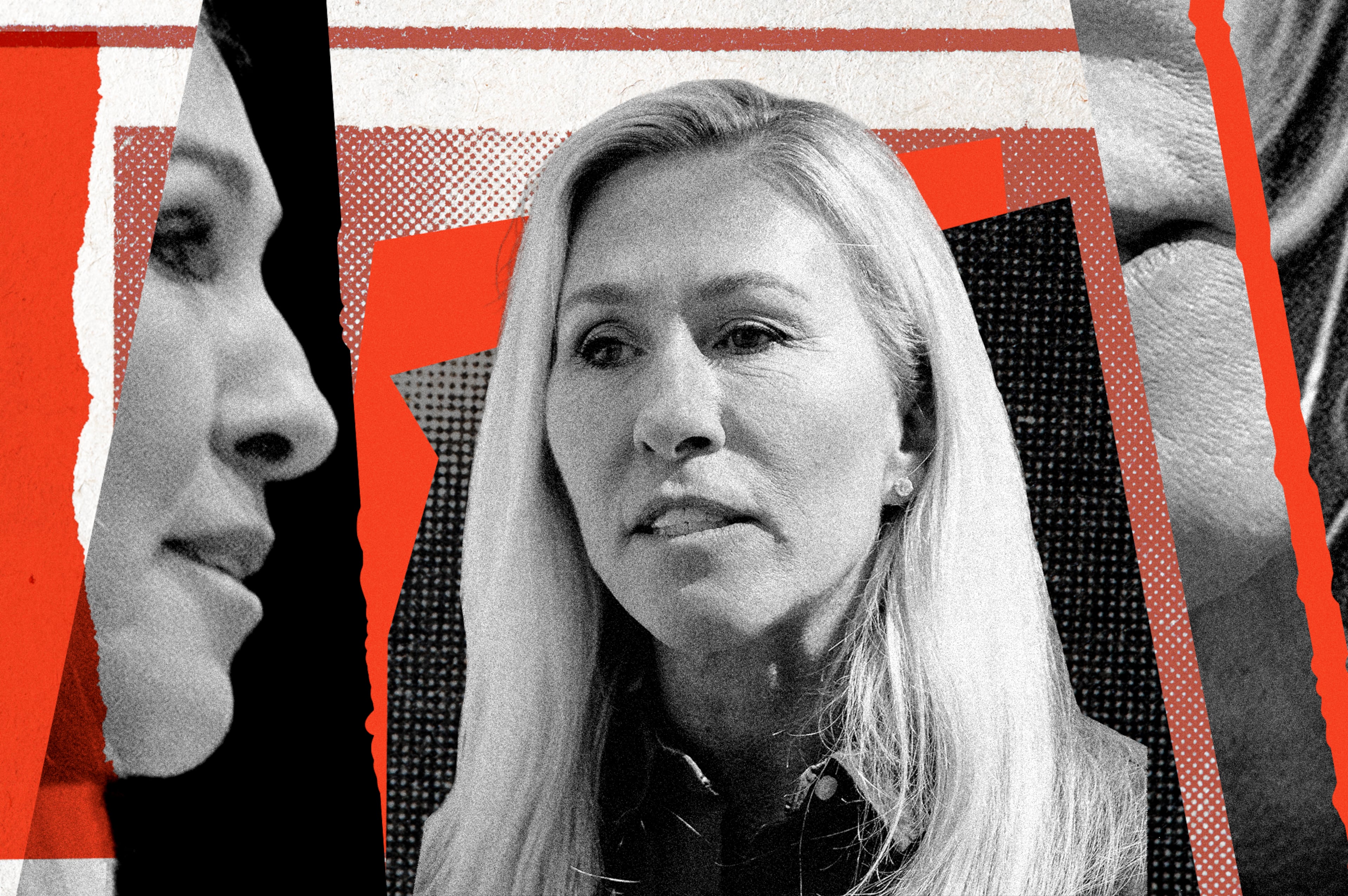Craft brewers fall victim to the ‘Baptist-bootlegger’ connection

In Georgia, you can buy apples where they grow apples, and onions where they grow onions. You can buy rugs where they make rugs, and newspapers where they make newspapers.
Sometimes, you can even buy laws where they make laws. But under no circumstances can you buy beer where they make beer.
In the recently ended session of the Legislature, a new generation of craft beer brewers attempted to update one of the most restrictive alcohol sale laws in the nation. They were treated to a drubbing of humiliating proportions.
The best they could do was legislation that permits breweries to offer free beer to visitors who pay to tour the facilities.
The defeat was entirely predictable. In fact, not only did Stephan Gohmann see it coming, the University of Louisville professor of economics wrote a paper on the phenomenon, published days after our General Assembly exited.
Craft breweries in Georgia and the rest of the South, Gohmann posits, have run afoul of the “Baptists and bootleggers” relationship that has defined the politics of alcohol in the region since the days of Prohibition.
"Why Are There So Few Breweries in the South" appeared last week in the academic journal "Entrepreneurship: Theory and Practice."
The lifting of federal limitations on home brewing in 1978 has resulted in an explosion of small breweries. As of three years ago, Gohmann notes, Vermont had 25 craft beer facilities, or one for every 25,040 residents. But Mississippi had only three, or one for every 994,475 residents.
And yet Southerners have no aversion to beer. Indeed, for many it is mother’s milk. So what gives?
History, said Gohmann. He has come up with a predictive formula that explains the desert of breweries in the South by measuring, among other things, the predominance of Southern Baptists in a region, and the level of campaign contributions from wholesale dealers in beer, wine and liquor.
That’s the Baptist-bootlegger connection.
During Prohibition, Baptists favored strict enforcement of the ban on alcohol for moral purposes. Bootleggers encouraged the same because the resulting high price placed on an illegal substance benefited their monopoly.
It became an unspoken partnership that still exists – with legal wholesalers replacing illegal bootleggers.
Southern Baptists still provide the pro-temperance votes that bring politicians to heel. Wholesalers provide the cash that urges politicians to respect those voters – by keeping a lid on competition in their industry, which, wholly by coincidence, also benefits their bottom line.
An accidental confluence with conspiratorial overtones, if you will.
“It is the combination of economic interest along with a large enough population with a moral interest that results in such [restrictive] laws remaining in place,” Gohmann writes.
The economist points out that the current craft brewery movement actually harkens back to the pre-Prohibition period in which brewers operated their own saloons – called “tied houses” — in which only their beer was sold. National brands could be locked out.
After Prohibition, “tied houses” were banned. Beer-makers could no longer act as beer retailers. A three-tiered system required middle-men in Georgia and elsewhere. In Georgia, that still applies.
“One thing that I have found is that states that allow for self-distribution of beer, that allow breweries to distribute their own beer, have 50 percent more breweries,” Gohmann said in an interview this week. “That means more jobs, more revenue from taxes.”
Perhaps this is the place to note that, according to followthemoney.org, beer, wine and liquor interests invested more than $1.2 million in Georgia elections last year.
More than 73 percent of that cash, $890,000, went to residents of the state Capitol with a hand in lawmaking — $306,700 to Gov. Nathan Deal; $130,757 to Lt. Gov. Casey Cagle; $46,201 to House Speaker David Ralston; $25,000 to Senate President pro tem David Shafer, and another $379,345 sprinkled among lower-ranking Republicans and Democrats in the House and Senate.
Toss in political action committee contributions, not included in the above totals, and cash for lobbyists, and you’re talking far beyond $1 million.
"All of that was to make sure that a brewery couldn't sell a six-pack. There's got to be a better way to spend that money," said Nancy Palmer, executive director of the Georgia Craft Brewers Guild. Palmer said she would be surprised if her group's members contributed more than $10,000 or so in last year's elections.
So there is work to be done by craft brewers on loosening the financial grip of the “bootleggers.” But Palmer also said her people have a pitch that needs to be heard by Baptists.
One argument for preserving the current, three-tiered system of alcohol sales is that it ensures that locals are responsible for that final, all-important transaction with the consumer. To avoid sales to the inebriated or underaged.
“I would like to think that craft breweries, because of the community connection, aren’t nearly the threat to intemperance that multi-nationals are, or Wal-Mart is,” Palmer said. “Craft breweries are completely tied to their communities. That’s their entire customer base.”
But that’s an argument for next year. Or 1905. One or the other.

